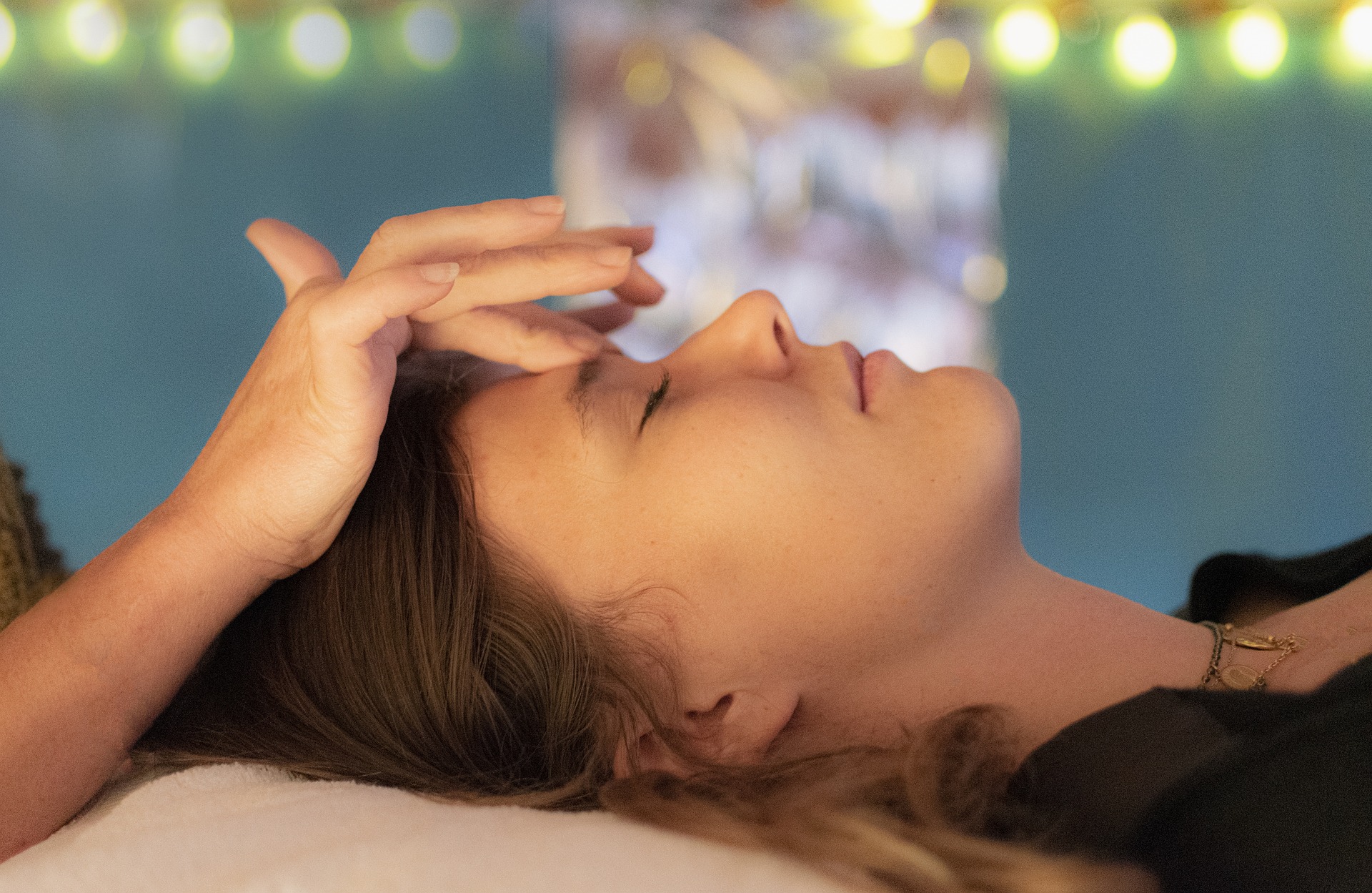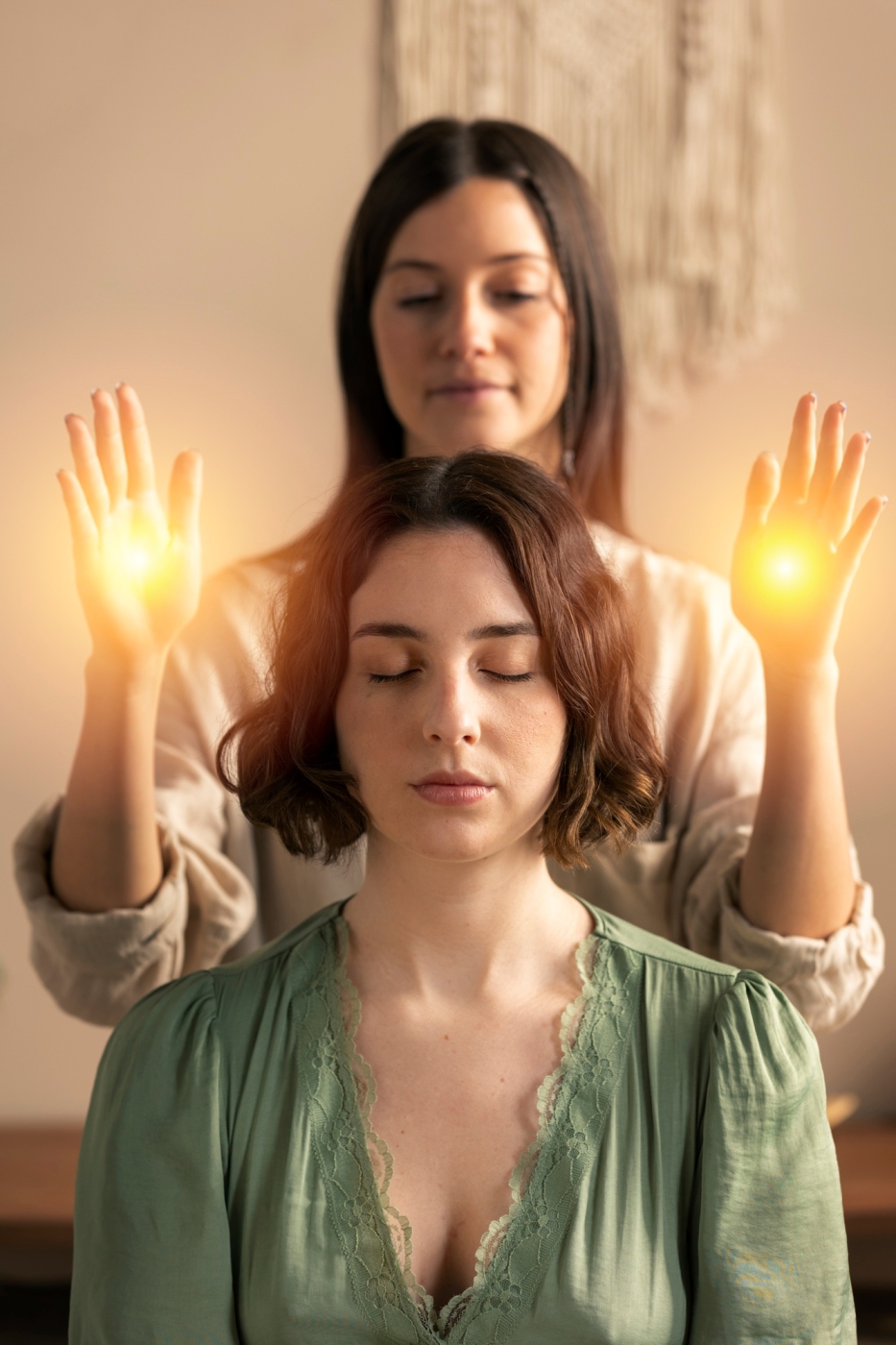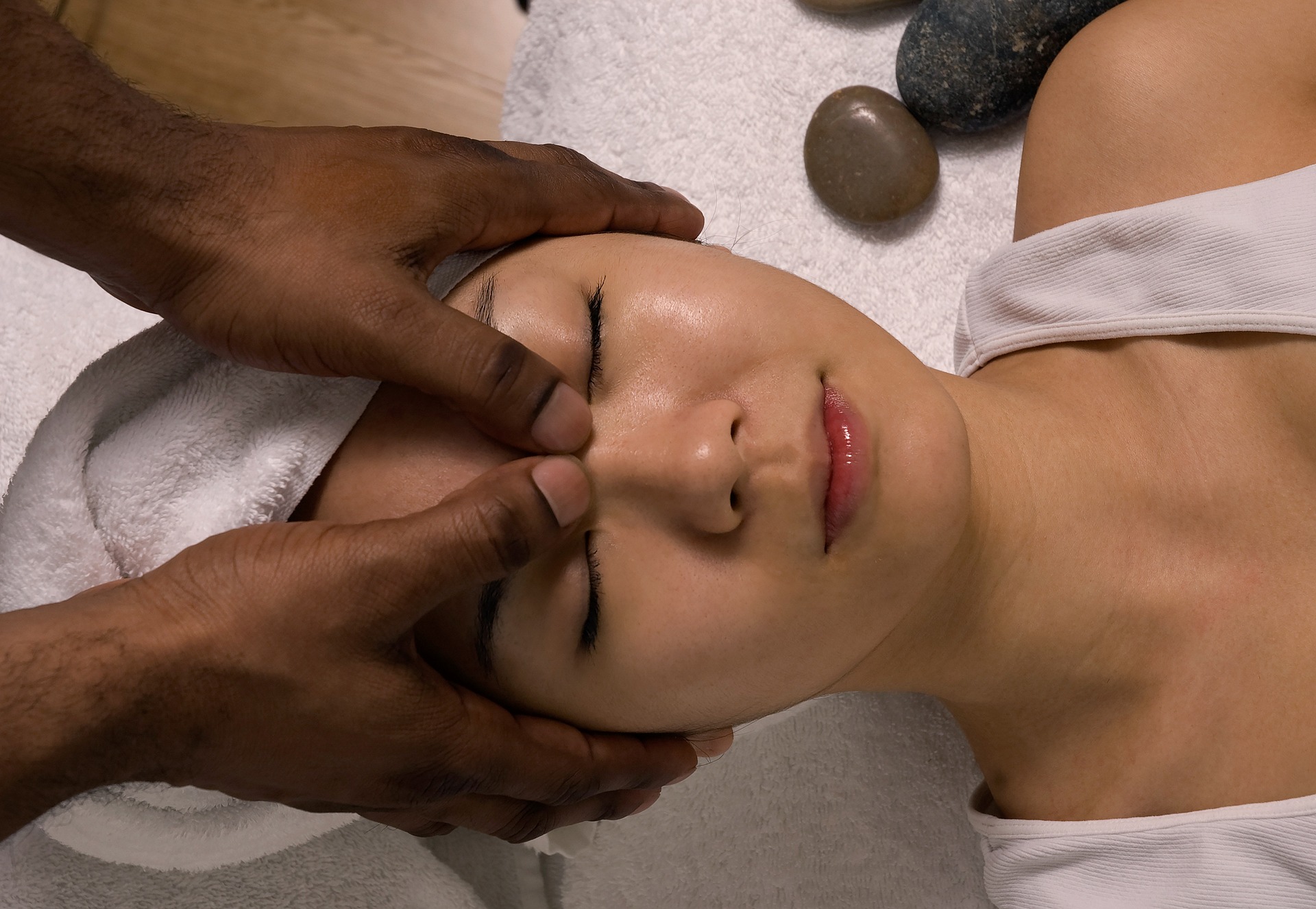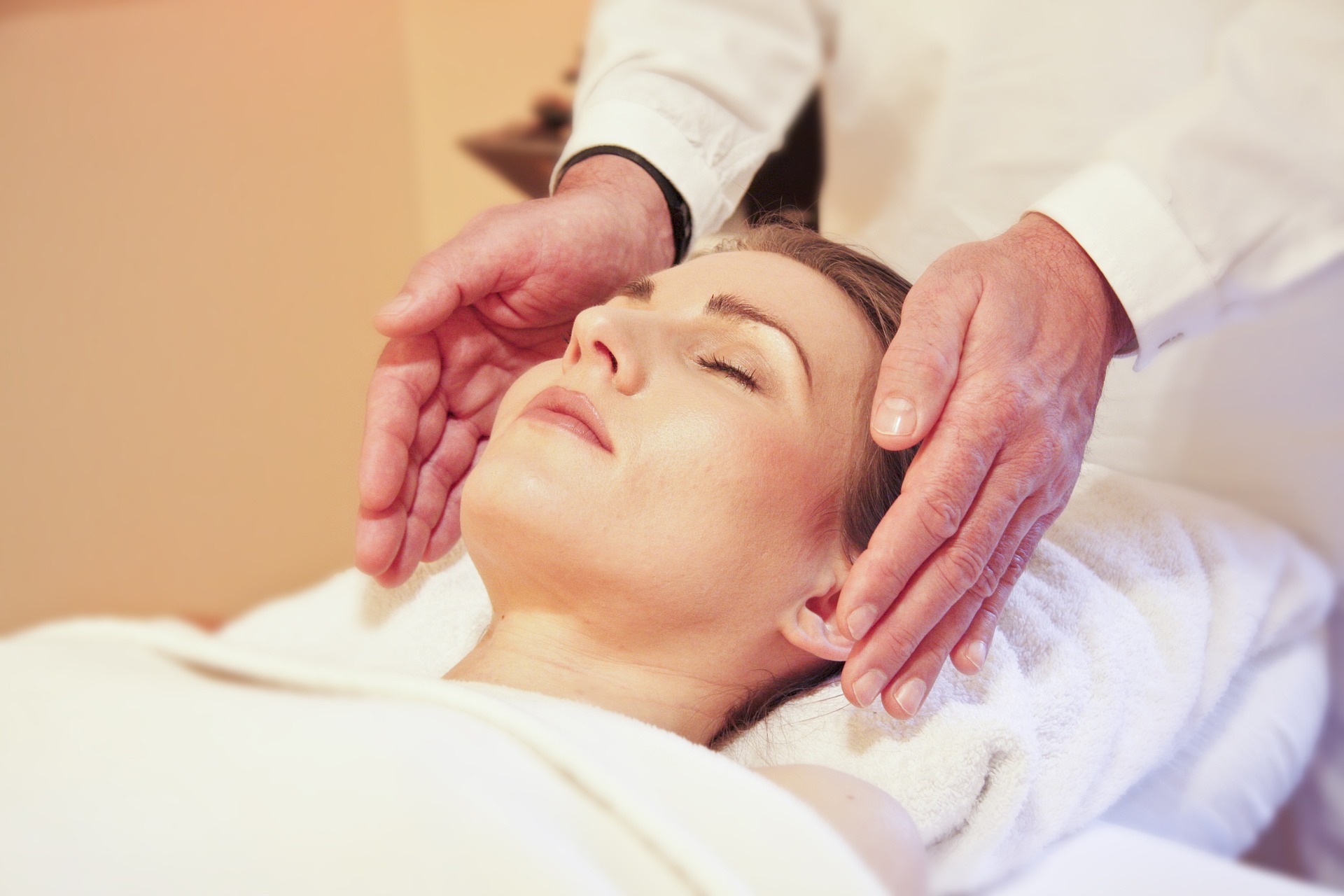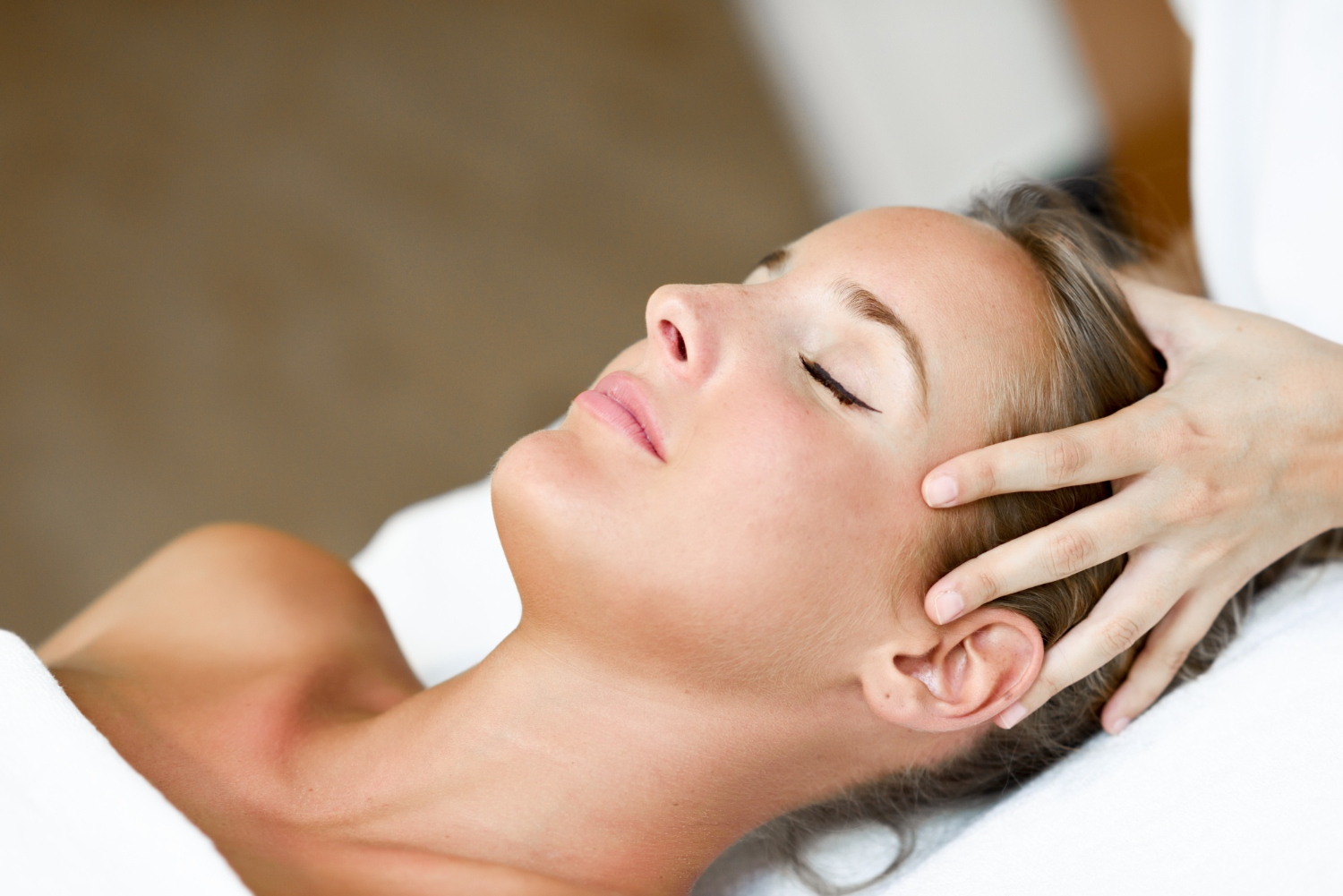Reiki healing, a practice deeply rooted in Japanese tradition, extends its benefits to a variety of special conditions, providing relief and promoting recovery on mental, emotional, physical, and spiritual levels. This section delves into how Reiki can be particularly effective for individuals dealing with chronic illnesses, emotional trauma, and during post-surgery recovery.
Chronic Illnesses
Reiki’s holistic approach to healing is beneficial for individuals suffering from chronic illnesses. It operates on the principle that by balancing the body’s energy, it can alleviate pain, reduce symptoms, and sometimes address the root causes of chronic conditions. Research indicates that Reiki can improve psychological well-being and mitigate pain, making it a valuable adjunctive therapy. It is especially noted for its role in hospitals and psychotherapy practices, offering a non-invasive, low-risk option for patients. The National Center for Complementary and Alternative Medicine has even sponsored studies into Reiki’s effectiveness for conditions like diabetic neuropathy and fibromyalgia, highlighting its potential in chronic illness management.
Emotional Trauma
Trauma, whether stemming from significant life events or seemingly minor incidents, can cause lasting energetic disturbances. Reiki healing addresses trauma by releasing blocked energy, thus facilitating emotional and sometimes physical healing. It is particularly adept at handling the constant state of fear triggered by trauma, which can lead to DNA changes and inherited fear responses. By working on the mental, emotional, physical, and spiritual levels, Reiki helps to replace low-vibration energy with positive, pure energy, encouraging a healthy flow. This process is liberating for individuals, allowing them to release trauma and embrace healing. The practice is also beneficial for focusing on specific areas like the heart space or the solar plexus to remove feelings of self-doubt and boost self-esteem.
Post-Surgery Recovery
Reiki’s non-invasive nature makes it an ideal complementary treatment for post-surgery recovery. It can soothe, shock, optimize the body’s healing abilities, and even offer measurable benefits such as improved heart rate, respiration, blood pressure, and oxygen saturation. Patients undergoing Reiki treatment often report needing less pain medication, faster recovery of bowel function, and an overall quicker return to normal activities. Offering Reiki before, during, and after surgery can enhance the body’s resilience, reduce pain, and speed up the natural healing process. Anecdotal evidence suggests that Reiki can lead to remarkable recoveries, with individuals experiencing reduced post-operative pain and faster returns to daily life.
Incorporating Reiki healing into the treatment plans for special conditions can offer a holistic path to recovery, addressing not just the symptoms but the underlying energetic imbalances. Whether it’s managing chronic illnesses, healing emotional trauma, or aiding post-surgery recovery, Reiki provides a gentle yet powerful support system, promoting wellness and balance across all levels of being.


